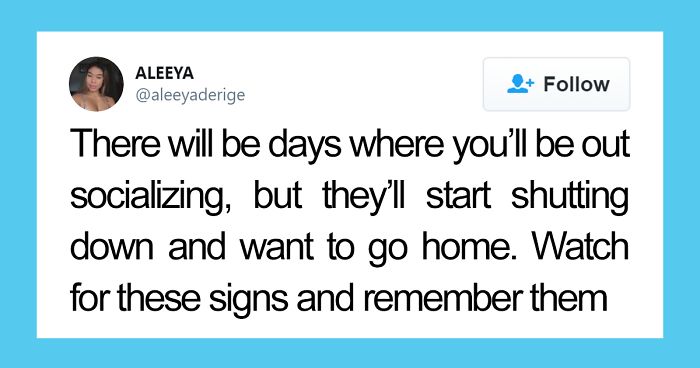
This Woman Gives Tips On How To Treat A Loved One During A Depression Episode
With around 300 million people suffering from depression worldwide, chances are that someone close to you is affected by this condition too. Sadly, the stigma surrounding mental illness is still very common, so it prevents people not only from seeking help but also to avoid talking about their ailment to family members and friends. Despite depression being one of the most common mental illnesses, those who have never experienced it don’t have the means and knowledge of how to support and help their loved ones. This only furthers the social isolation that depressed people might be already experiencing. So, now you are probably wondering what can you do to help someone with depression?
Image credits: aleeyaderige
Twitter user, Aleeya, took to social media to explain what they could do to help their loved ones during a depressive episode.
Image credits: aleeyaderige
Image credits: aleeyaderige
Image credits: aleeyaderige
These tips help us not only to increase understanding and empathize better with people who suffer from depression but also help save relationships.
Image credits: aleeyaderige
Image credits: aleeyaderige
Image credits: aleeyaderige
Image credits: aleeyaderige
After reading Aleeya’s tips, some people were prompted to add their own, others thanked her for sharing them and wished more people would understand the things she mentioned.
After reading the thread people added their own tips
Image credits: Ranto_jo
Image credits: CraigBell101
Image credits: BuddieBre
Image credits: Just_Teeny_
Here’s what others had to say
Image credits: iamlupeg
Image credits: laceoeo
Image credits: TIFFANYSJOURNEY
Image credits: mommyrenaud
Image credits: keep_it_reall
Image credits: alywilsonn
Image credits: luci_virgo
Image credits: PhoraTrips
31Kviews
Share on FacebookAnd please stop saying 'You are too negative', 'you are always complaining/ grumpy/ sad' o 'You just expected too much from life'.... This things break us, really.
I lost one of my best friends because of her saying them. She ment well but after that I was too selfconcious to tell her anything important... So I became super akward (after all I felt I had nothing important/positive enough to say) and we started talking less and less...
Load More Replies...I read the first tweet and nothing else. "Having someone in your life with depression means being prepared for any and all episodes." No. "Someone in your life"? Maybe if they are your minor children. Otherwise, no. If you love and care about them, you should be caring, compassionate, try to educate yourself. But to be "prepared for any and all episodes" implies that you are in full control and fully responsible for that other person's mental state. No one can or should be given that responsibility. It's too much. It's ridiculous and selfish. I say this as a life-long sufferer of depression. It reminds me of the people with borderline personality disorder who instead of learning to function expect everyone around them to adjust and coddle the disorder with a long list of dos and donts.
I aggree a lot, but not completly. Being prepared can mean different things: if it means - be prepared to fix any episodes with your actions - of course, this is wrong. If it is just meant as: be prepared for the unexpected in knowing what may happen - then its completly fine!
Load More Replies...Other things to keep in mind: EVERYONE'S depression is different. Some folks can function to one degree or another, but after work shut down, unable to sleep/eat/function. It is also not fair to any depressive to "bootstrap" themselves better. You wouldn't expect a diabetic to start to produce insulin by just trying harder, so why expect a depressive to start producing neurotransmitters without help.
While that is true, everyone has to take some responsibility for their own illness. A diabetic shouldn't expect you to supply them with insulin, or keep track of their treatment. If a diabetic expected me to come to their house and cook low-carb foods for them, I would not feel obligated to do so. If they asked me for help with menu planning, I would admit I am not qualified to do that and they should seek professional advice. It is the same with depression. I will try to love you and support you, but I cannot be in charge of your recovery or your treatment. If you ask me for help, I will help you with what I can and I will tell you to seek professional help for things I cannot assist with. You can't get rid of depression simply by trying harder, but you still have to put in some effort. If you give up, why should expect me to pull your weight? I will be there to encourage you, while you work at it.
Load More Replies...And please stop saying 'You are too negative', 'you are always complaining/ grumpy/ sad' o 'You just expected too much from life'.... This things break us, really.
I lost one of my best friends because of her saying them. She ment well but after that I was too selfconcious to tell her anything important... So I became super akward (after all I felt I had nothing important/positive enough to say) and we started talking less and less...
Load More Replies...I read the first tweet and nothing else. "Having someone in your life with depression means being prepared for any and all episodes." No. "Someone in your life"? Maybe if they are your minor children. Otherwise, no. If you love and care about them, you should be caring, compassionate, try to educate yourself. But to be "prepared for any and all episodes" implies that you are in full control and fully responsible for that other person's mental state. No one can or should be given that responsibility. It's too much. It's ridiculous and selfish. I say this as a life-long sufferer of depression. It reminds me of the people with borderline personality disorder who instead of learning to function expect everyone around them to adjust and coddle the disorder with a long list of dos and donts.
I aggree a lot, but not completly. Being prepared can mean different things: if it means - be prepared to fix any episodes with your actions - of course, this is wrong. If it is just meant as: be prepared for the unexpected in knowing what may happen - then its completly fine!
Load More Replies...Other things to keep in mind: EVERYONE'S depression is different. Some folks can function to one degree or another, but after work shut down, unable to sleep/eat/function. It is also not fair to any depressive to "bootstrap" themselves better. You wouldn't expect a diabetic to start to produce insulin by just trying harder, so why expect a depressive to start producing neurotransmitters without help.
While that is true, everyone has to take some responsibility for their own illness. A diabetic shouldn't expect you to supply them with insulin, or keep track of their treatment. If a diabetic expected me to come to their house and cook low-carb foods for them, I would not feel obligated to do so. If they asked me for help with menu planning, I would admit I am not qualified to do that and they should seek professional advice. It is the same with depression. I will try to love you and support you, but I cannot be in charge of your recovery or your treatment. If you ask me for help, I will help you with what I can and I will tell you to seek professional help for things I cannot assist with. You can't get rid of depression simply by trying harder, but you still have to put in some effort. If you give up, why should expect me to pull your weight? I will be there to encourage you, while you work at it.
Load More Replies...
 Dark Mode
Dark Mode 

 No fees, cancel anytime
No fees, cancel anytime 


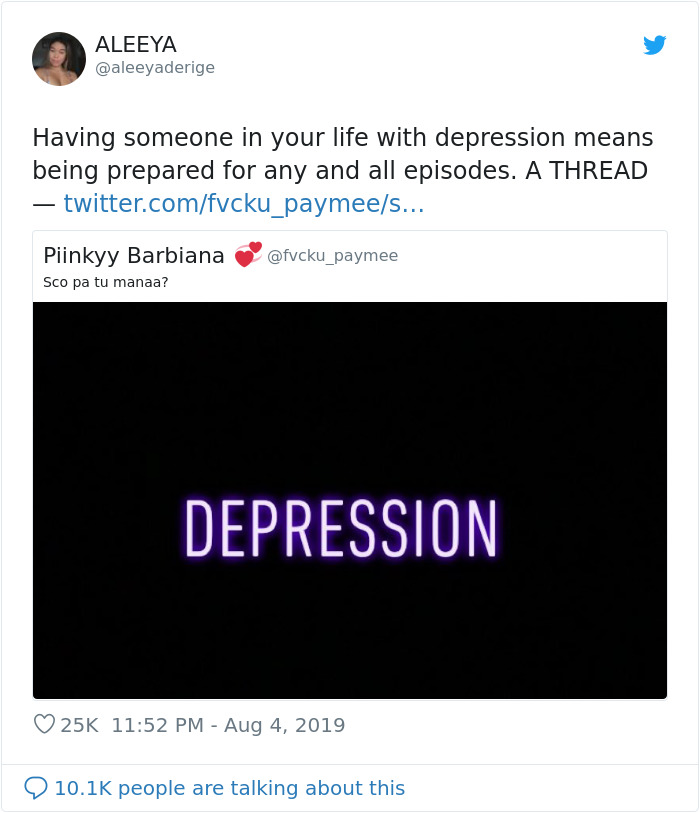
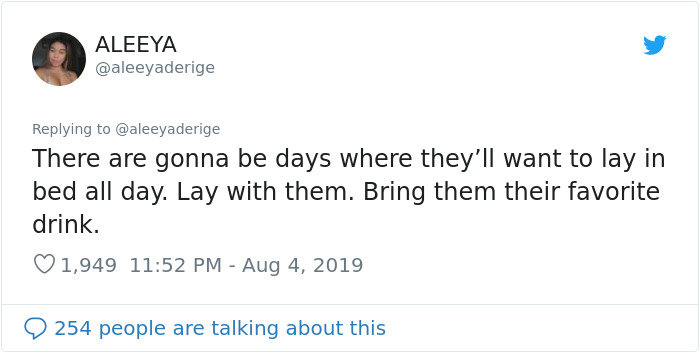
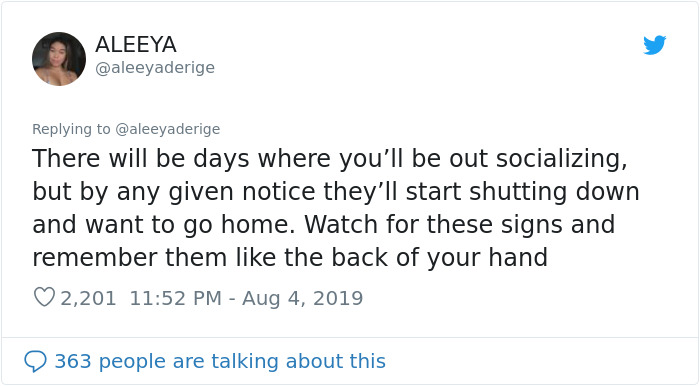
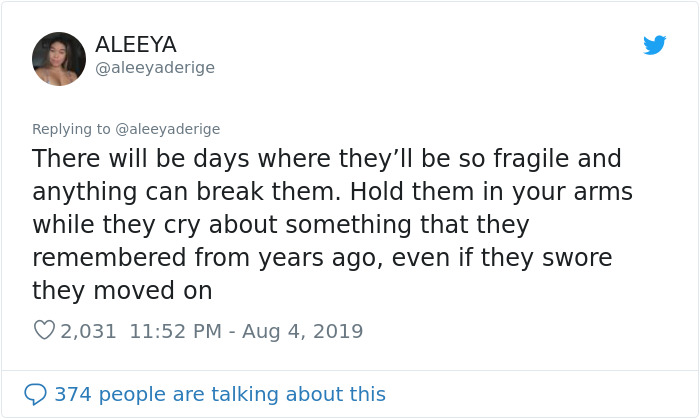
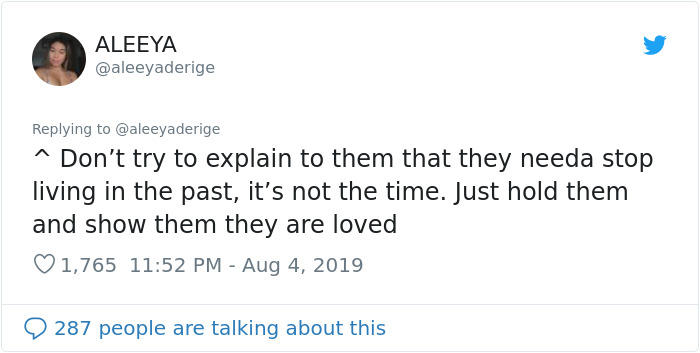
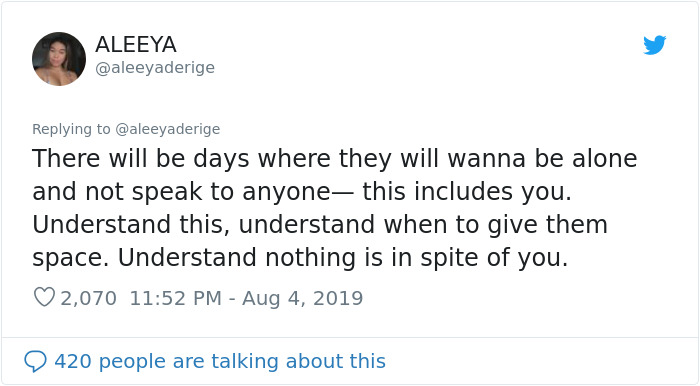

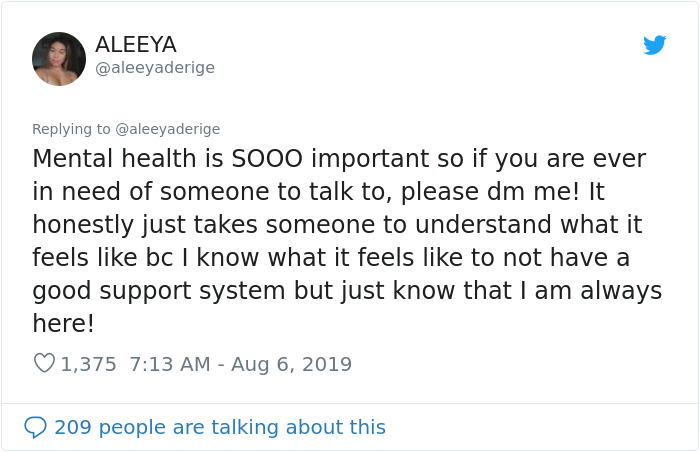
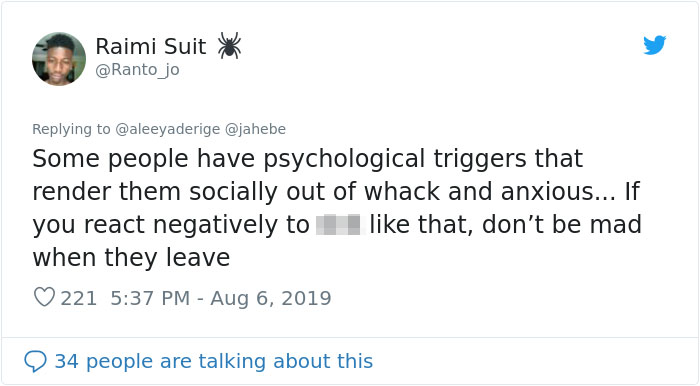
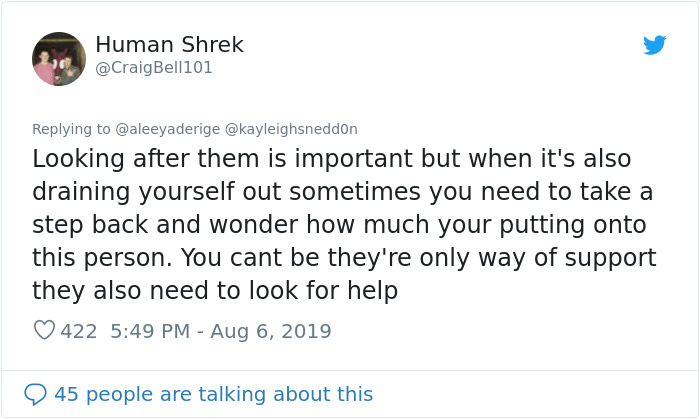
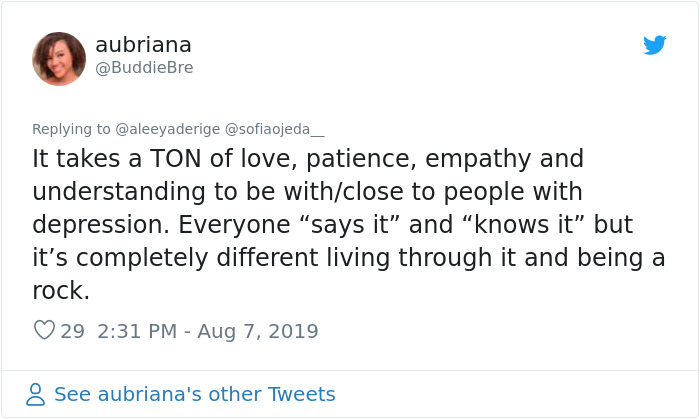
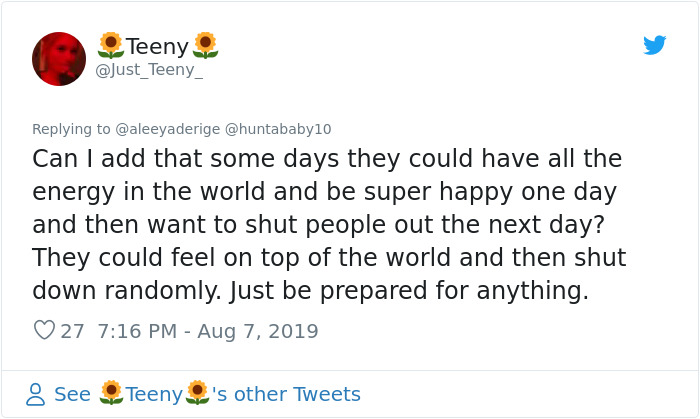
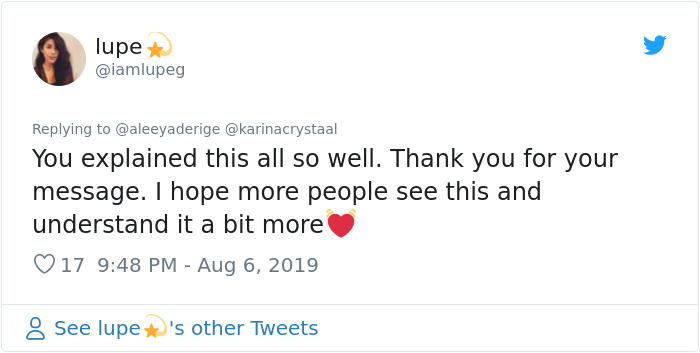

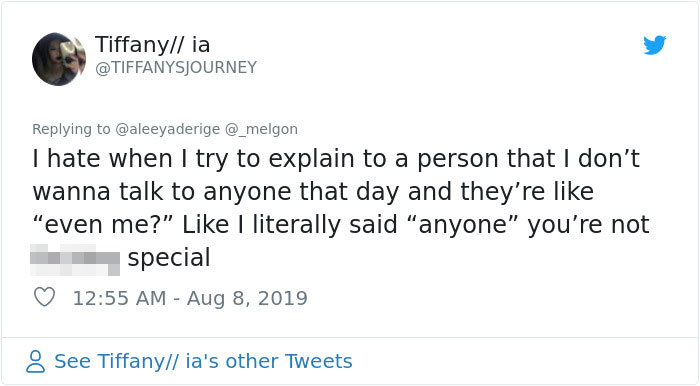


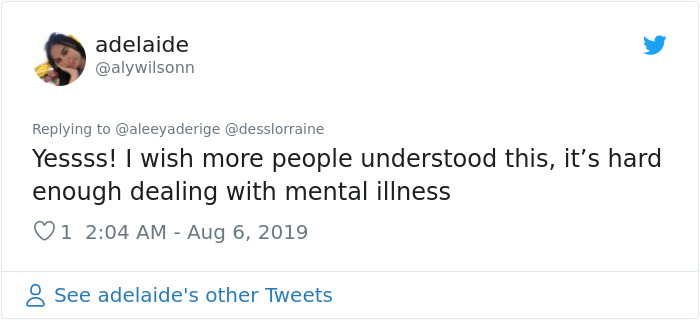
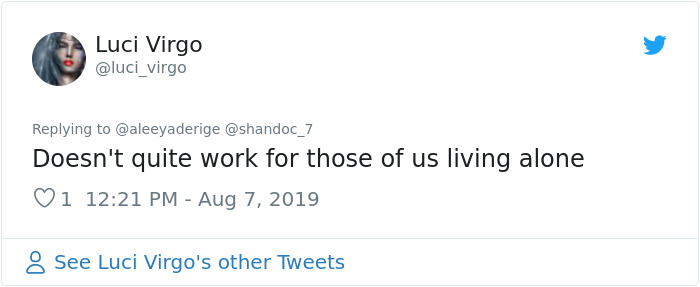









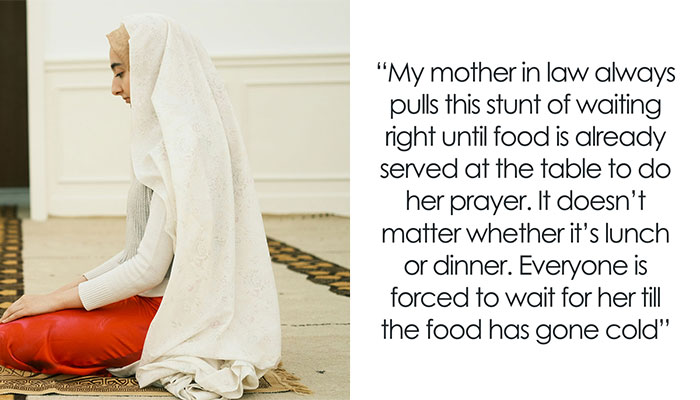


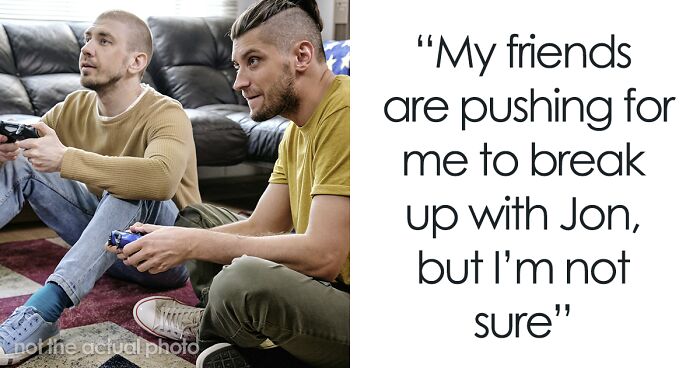

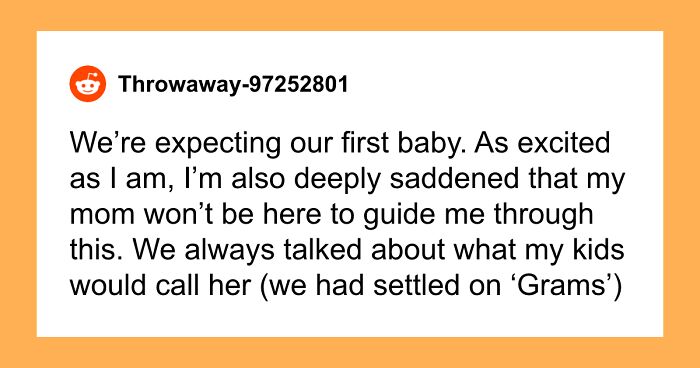


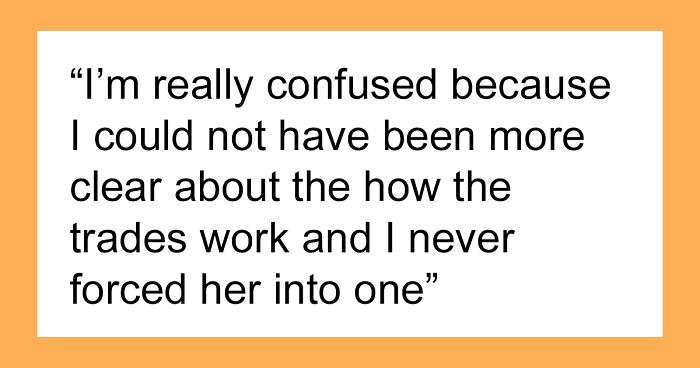

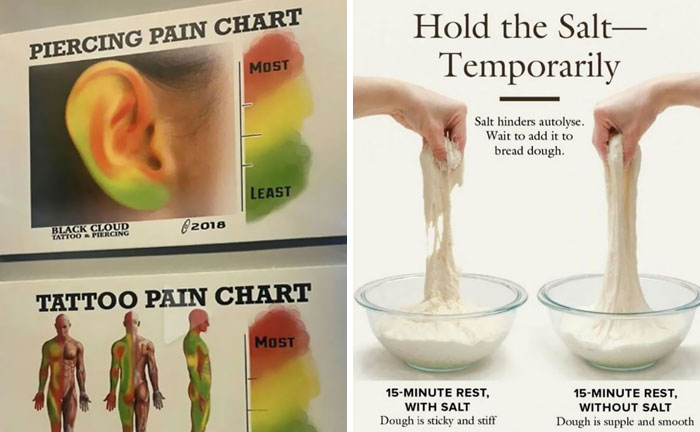
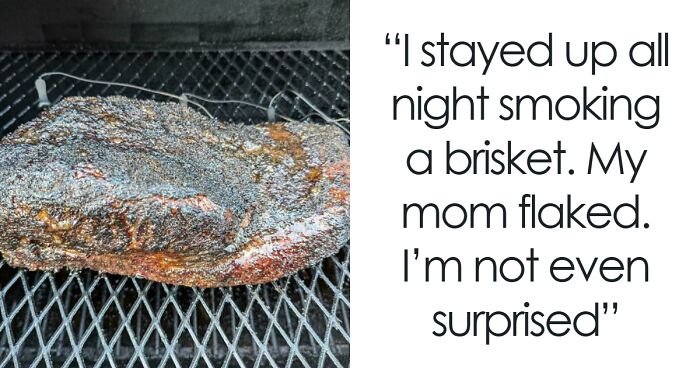



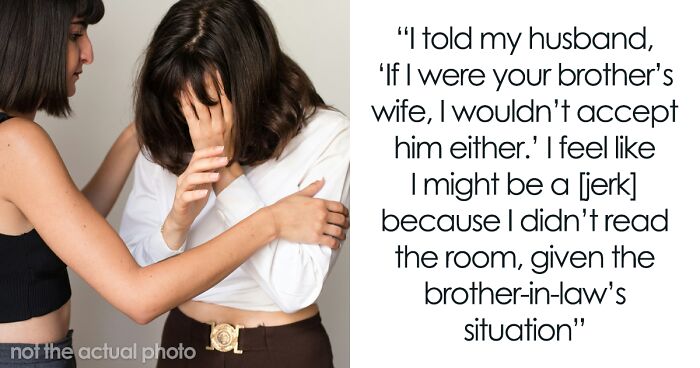

248
91